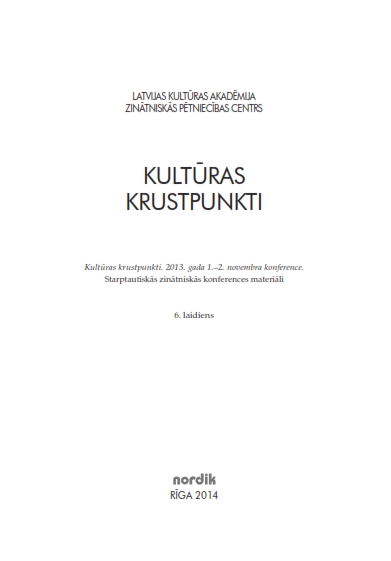Starpkultūru kompetences nozīme starptautiskajās militārajās operācijās
Significance of Intercultural Competences in International Military Operations
Author(s): Maija DziesmaSubject(s): International relations/trade, Security and defense, Military policy, Culture and social structure , Social differentiation, Sociology of Culture
Published by: Latvijas Kultūras akadēmija
Keywords: intercultural factors; multicultural environment; intercultural competences;
Summary/Abstract: Since 1990 the number of international military operations consisting of forces of coalitions of various countries has increased in the world. Latvia and its armed forces actively participate in international operations organised and implemented by the NATO and the European Union and in other events aimed at strengthening collective security. In practice, it is possible to enhance the compatibility with the armed forces of other countries, to carry out training and gain operations experience that is necessary for professionally trained soldiers with an aim to enhance the execution of tasks and improve combating skills. When carrying out the questioning and interviewing of soldiers who have served in military missions, it has been stated that differences of various cultures, countries and the perception of life can influence cooperation of multinational forces and the overall effectiveness of activities. Intercultural factors have an impact on communication and performance during missions at various levels and in all areas of activities. Understanding of cultural differences ensures the effectiveness of coalition forces both among themselves and in the country where the mission is carried out.
Journal: Culture Crossroads
- Issue Year: 6/2014
- Issue No: 1
- Page Range: 238-246
- Page Count: 9
- Language: Latvian

